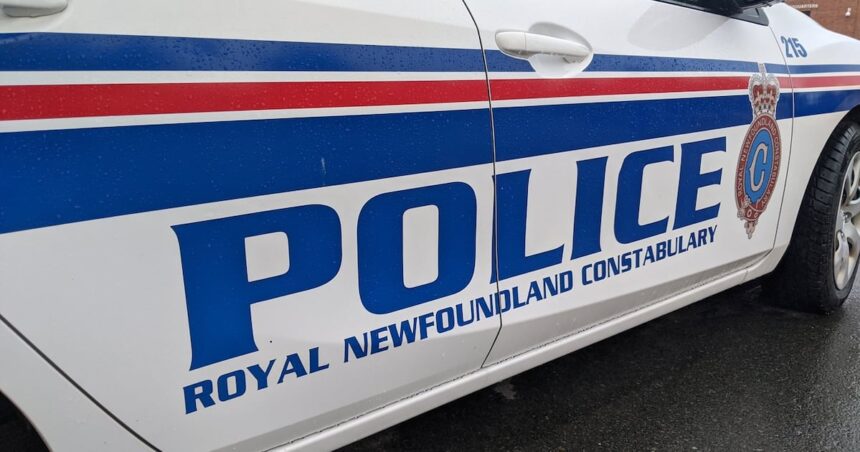A striking new survey has revealed a troubling uncertainty among Newfoundlanders and Labradorians about whether police officers in their communities face genuine accountability for misconduct. The findings, released yesterday by the Provincial Justice Review Commission, highlight a growing divide between public perception and institutional claims about law enforcement oversight.
Nearly 68% of respondents expressed significant doubts that officers who breach conduct standards face appropriate consequences, with the number rising to 74% among residents of rural communities. This sentiment comes despite repeated assurances from the Royal Newfoundland Constabulary (RNC) and the RCMP that internal affairs divisions maintain rigorous oversight protocols.
“There’s a fundamental disconnect between what citizens are experiencing and what police leadership is communicating,” explains Dr. Eleanor Parsons, criminal justice researcher at Memorial University. “When nearly seven in ten residents question whether accountability mechanisms function properly, we’re looking at a serious crisis of confidence.”
The survey, which collected responses from over 2,300 residents across the province, reveals particularly low confidence levels among Indigenous communities, where historical tensions with law enforcement remain unresolved. In Labrador’s Indigenous communities, a staggering 82% of respondents indicated they had “little to no faith” that officer misconduct would be properly addressed.
Police leadership has responded defensively to the findings. RNC Chief William Reynolds issued a statement emphasizing that “the force maintains strict professional standards and a zero-tolerance approach to misconduct,” while acknowledging that “public perception is an area requiring attention.”
Provincial Justice Minister Catherine Williams called the results “concerning but not entirely surprising,” noting that her department has been developing a comprehensive police oversight reform package set to be unveiled later this summer. The reforms reportedly include establishing an independent civilian review agency with investigative powers and increased transparency requirements for disciplinary proceedings.
Community advocates point to several high-profile cases that have eroded public trust, including last year’s controversial handling of excessive force allegations against three officers in St. John’s, where internal investigations cleared all officers despite contradictory video evidence. The case prompted widespread protests and calls for reform.
“What these numbers show is that police can no longer investigate themselves and expect the public to accept the results as legitimate,” says Marcus Holloway, spokesperson for the Newfoundland Civil Liberties Association. “The current system fundamentally lacks credibility with the people it’s meant to serve.”
The timing of the survey is particularly significant as it comes amid broader national conversations about police accountability following several controversial incidents across Canada. Newfoundland and Labrador has historically boasted higher police trust ratings than many other provinces, making this shift in public sentiment especially noteworthy for justice policy analysts.
Interestingly, the survey found that confidence levels varied significantly by demographic factors. Younger respondents aged 18-34 expressed the highest skepticism, with 76% questioning police accountability, while those over 65 showed more confidence in existing systems, though still with a majority (52%) expressing doubts.
The provincial government has committed to addressing these concerns through proposed legislation expected this fall, but community leaders remain skeptical about whether institutional reforms will translate to meaningful change in police culture and practices.
As political debates intensify around potential reforms, the fundamental question remains: Can a system where most citizens doubt its effectiveness still claim to uphold justice? Or does meaningful accountability require a complete reimagining of how police oversight functions in communities across Newfoundland and Labrador?
























